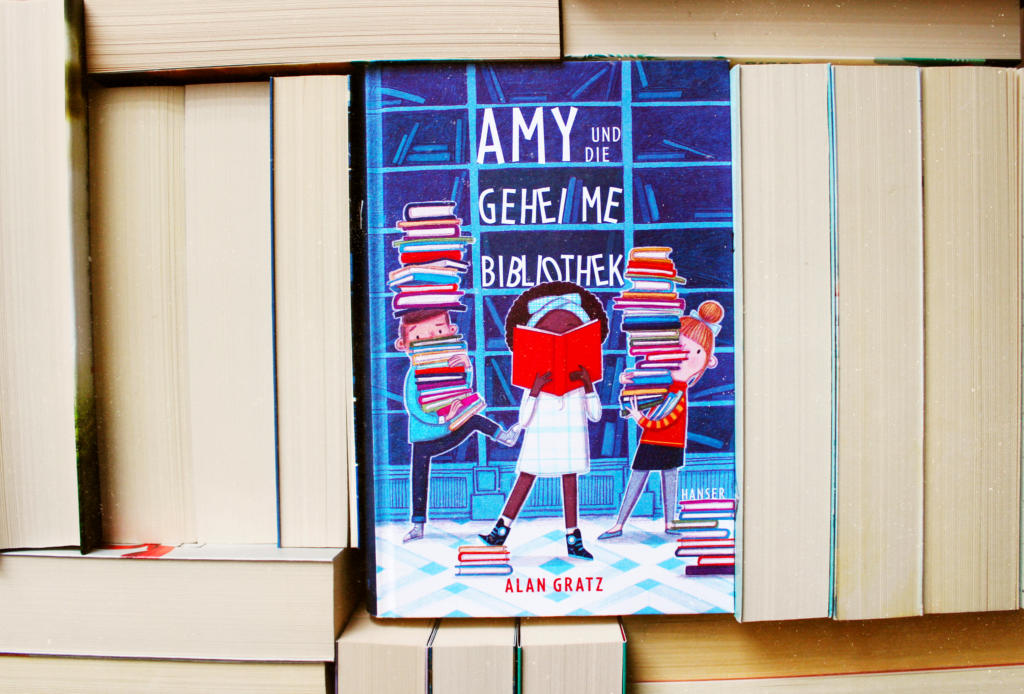

As adults, we can understand the complexity of the real world, and the value of ambiguity in literature, but seeing that the issues raised by this one book’s inclusion is not developed at all, and this in a novel for children, I can only see it as a flaw in an otherwise worthwhile book. Also odd given another theme of the story: good intentions that lead to bad consequences. Ban This Book by Alan Gratz Octo Janet Dawson Published by Starscape Summary: When Amy Anne discovers her favorite book, From the Mixed-Up Files of Mrs. It seems odd considering the theme of the story. I can see no particular reason why this book was chosen for its role in the story (unless it’s a very subtle indication that some books are not as good as others - but it’s quite a stretch to find that interpretation), other than mere carelessness by the author, indifference to the reasons a book may be offensive, or lack of awareness of the harm that books can perpetuate - a naive belief in the magical goodness of every written word. There is no commentary about the merits of the book, but it is mentioned several times, giving it a prominence above many of the books named in the story - enough to send me to investigate. In Ban This Book by Alan Gratz, a fourth grader fights back when From the Mixed-Up Files of Mrs. At one point the avid young reader is suspended and grounded with nothing to read except Indian Captive.

Gratz’s story is about a schoolgirl standing up against book-banning in her grade-school library.

Reese’s review of Indian Captive because of its appearance in Alan Gratz’s 2017 novel Ban this Book. submitted this comment to AICL’s post about Lois Lenski’s Indian Captive: Reviewed Source: American Indians in Children’s Literature


 0 kommentar(er)
0 kommentar(er)
